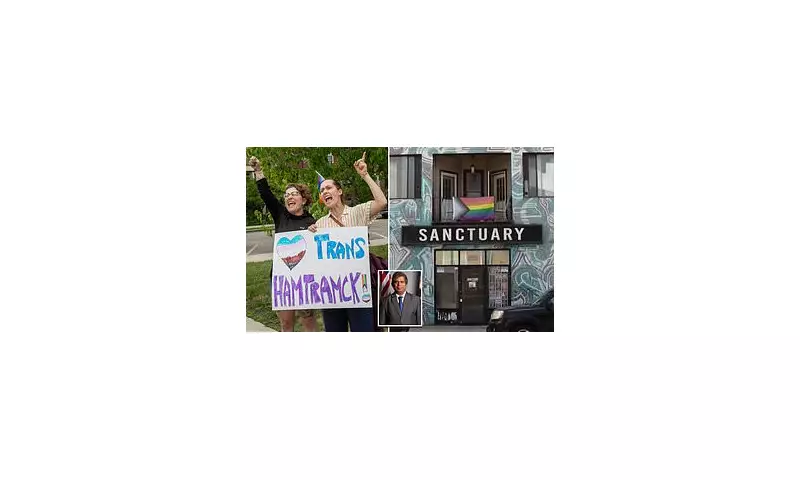
A contentious political battle has erupted in Dearborn, Michigan, after the city council voted to prohibit the display of LGBTQ+ pride flags on public property. The decision has sent shockwaves through the community and drawn sharp criticism from state Democrats.
The Vote That Divided a City
The motion, which passed with a 5-2 majority, amends the city's flag policy to only permit the flying of official government banners. This effectively bans the prominent display of the rainbow pride flag during June, which is internationally recognised as Pride Month.
Council President Michael Sareini defended the move, stating it was necessary to maintain governmental neutrality and avoid the appearance of endorsing any specific private or political organisation.
A Backlash from State Democrats
The decision has not been met quietly. The Michigan Democratic Party was swift and severe in its condemnation. In a powerful statement, the party labelled the ban as "deeply offensive and exclusionary" and a direct contradiction to the core values of the Democratic Party.
State Representative Alabas Farhat, who represents Dearborn, expressed his profound disappointment, arguing that the vote sends a damaging message of exclusion to the city's LGBTQ+ residents and their allies.
Residents React: Protests and Passion
The council meeting was a scene of high emotion, with passionate arguments presented on both sides. LGBTQ+ advocates and their supporters voiced their anger and feelings of betrayal, while some residents supported the council's stance on keeping city property neutral.
The debate highlights a deeper cultural and political tension within the city and reflects broader national conversations about representation, inclusivity, and the role of local government.
What Happens Next?
With the policy now enacted, advocacy groups are considering their next steps, which could include legal challenges or organised protests. The issue is expected to remain a flashpoint in local politics, potentially influencing future council elections as residents and officials grapple with the implications of this polarising decision.






